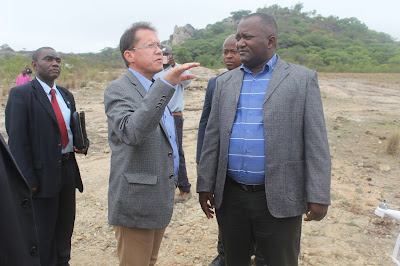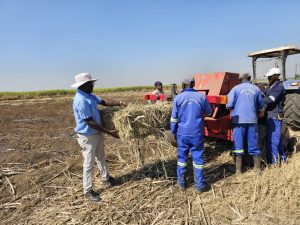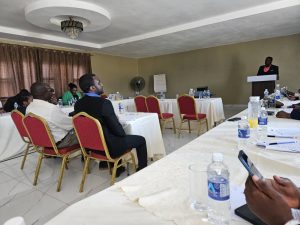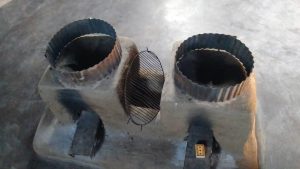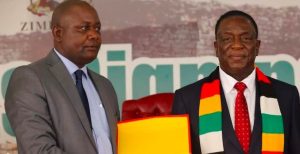…blames Zinwa for failing to specify leasing costs
Moses Ziyambi
A German company which expressed interest to develop a floating solar system over Lake Mutirikwi is frantically trying to salvage the deal which it claims got bogged down in a maze of internal and external red tape.
Responding to emailed questions from EnviroPress, Droege Energy GmbH Chief Executive Officer (CEO) listed a number of factors which he claimed to have led to the stalling of the project.
Among the ostensible reasons which the company stated was that the actual cost of leasing the lake from the Zimbabwe National Water Authority (Zinwa) was never made clear.
“The issues why the Mutirikwi Lake project looks on standby is because of the following points: the proper fee that had to be paid for the lease of the lake was never clarified, the political changes since our visit to Masvingo, our local key account manager died in an accident in early 2019, many technical requirements were not submitted to our technical department in Germany, we have had also understandable delays due to the COVID pandemic, and one of the main obstacles we have faced has been travel restrictions on our experts to carry out certain development work in Zimbabwe,” Droege said.
He did not, however, specify which ‘political changes’ that he referred to since the political leadership both at provincial and national level never changed since he visited the project site with the Minister of State for Masvingo Provincial Affairs and Devolution, Ezra Chadzamira back in November 2018.
Droege said if the development of the paper work, including the licensing, was to be processed quickly, the company would be ready to implement and complete the project in no time.
“To conclude development activities, we need intensive support from the stakeholders. In due time, Droege Energy GmbH together with our local partners and major investors, will be able to continue our pursuits for Masvingo.
“We are very enthusiastic to promote internationally the changes Zimbabwe is doing, and we are aware this kind of project is very significant not only for Zimbabwe but also for the rest of the world. We are very happy to do our part for your country to save the ecological footprint. We are also looking for new challenges in renewable energies in Malawi,” Droege said.
Initially, the company stated that the solar energy plant it wanted to build would produce at least 10 Megawatts of electricity to be fed into the country’s severely-strained national power grid.
“Droege Energy is set to establish a floating solar system worth $13 million at Lake Mutirikwi in Masvingo that will assist in the generation of 19MWp of electricity. The CEO, Gustavo Droege explained that floating panels will be used and upon reaching an agreement with government of Zimbabwe, it will take 3 months to complete the project. #SolarFloating #SolarEnergy,” the post, which is still on the website, reads.
This time around, however, Droege seemed unsure of the kind of power plant to be built, saying he was ready to advise authorities in Masvingo on the best electric power plant solution for Lake Mutirikwi.
He said for the company to successfully raise investment capital, a sustainable Power Purchase Agreement needed to be formulated first.
In comments given to EnviroPress earlier on, Chadzamira on his part said Droege Energy had simply disappeared from the scene soon after making commitments to invest in the project.
“We are surprised they did not come back, and neither did they make any further communication with us. We availed all cooperation and support for them and it is disappointing that the project has not materialized. We are now looking for other potential investors to fill the gap as we feel this is a project of enormous importance to our economy,” Chadzamira told EnviroPress.
Meanwhile, EnviroPress is still waiting for responses emailed to the Zinwa and the Ministry of Energy and Power Development.
This report was made possible through support from WAN-IFRA Media Freedom’s Strengthening African Media Programme: Climate Change and Environmental Reporting. Views expressed here do not belong to WAN-IFRA

